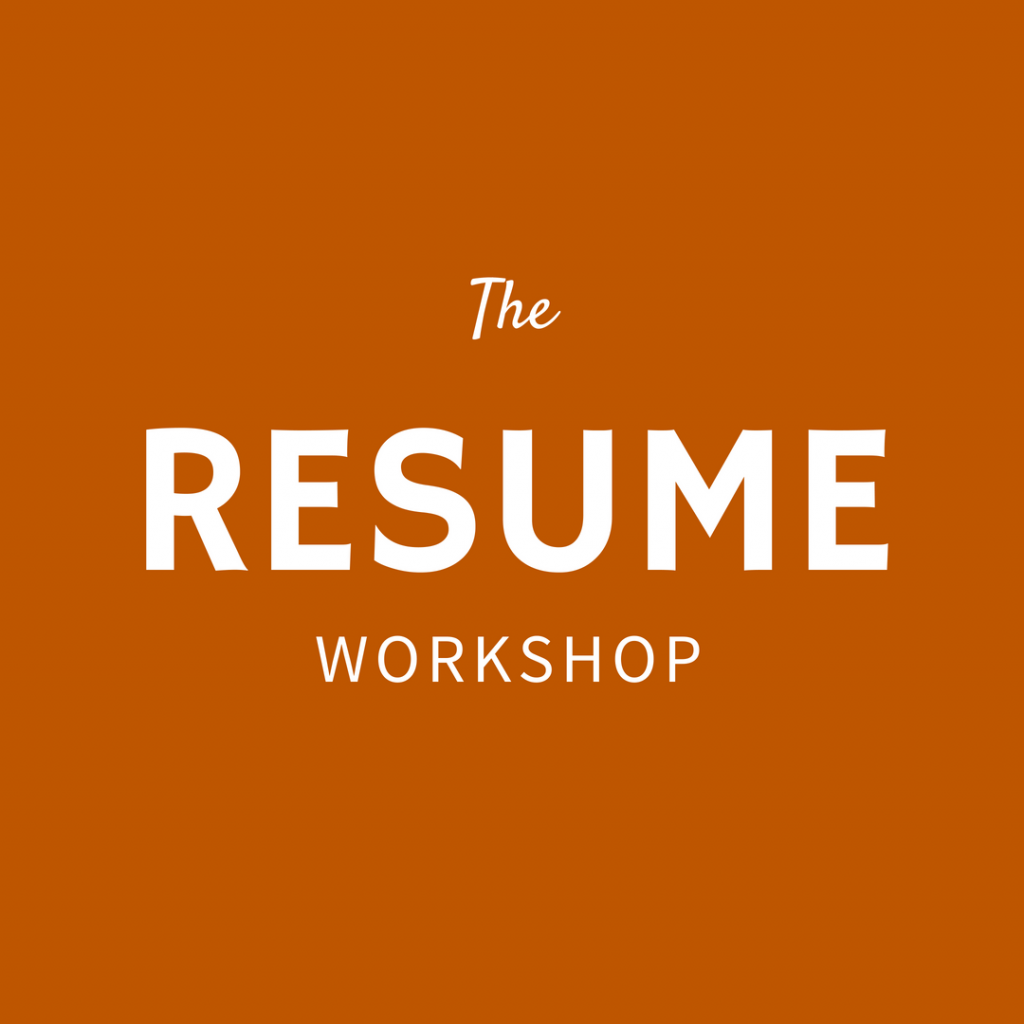When evaluating your application, our MS Programs Admissions Committees are looking for a holistic picture of your qualifications for a complete picture of your academic background as well as any internship or work experience you may be bringing to our programs.
Quality Matters
When creating your resume, the admissions committee should be able to get a clear picture of what your job duties were – do not assume they will know based on your job title. Take every opportunity on your application to illustrate just WHAT about your job is relevant to your academic goals. Even if your job title sounds impressive, what kind of company you worked for and how extensive your duties were is very relevant. An impressive title with no experience relevant to the program you’re applying to may not go as far.
What you should know about work experience: Years, titles, and accomplishments are not, by themselves deciding factors. To help you provide us with a clear picture, here are our top tips for highlighting the quality and quantity of your work experience on your resume:

- Tailor Content – You may have heard the adage that your resume should be tailored to your audience, which is true. But customizing your resume may be as easy reordering or swapping out bullet points. Avoid putting irrelevant experience on your resume unless it creates a large gap in employment.
- Emphasize Results – What results came from your position? Be specific to YOUR experience – if your resume could be carbon-copied onto another person’s resume, you should consider individualizing your tasks and duties on the job.
- Avoid Redundancy – Think of each line on your resume as a valuable piece of real estate. Put down distinct tasks you completed at your job, rather than the same version of the same task multiple times. Show off the variety of skills you may have needed in your position.
- Show Balance – We want to see a “balanced” candidate – someone who has been strong in the classroom and in the workplace while participating in extracurricular activities and having unique interests outside of work. Consider creating an “Additional” section to detail your activities and interests for use as a potential conversation starter.
- Utilize White Space – Don’t feel like you have to use every square inch of your resume. A good resume uses its white space so it can be read clearly and coherently.
- Enlist Proofreaders– Review, review, review. A single typo can ruin an otherwise perfect resume, so don’t hesitate to ask a friend (preferably one with excellent proofing skills) to look over your resume.
- Convey Personal Brand – Think of your resume like an advertisement for yourself. What will be the impression you leave your audience with? Your resume is like your brand, so make sure it paints a picture of how you want to be seen.
Remember, your resume is important, but it’s only one data point for you as a candidate. Years of work experience give only one sense of you as a candidate, so use your resume to make the quality of those years really stand out!
If you have any questions about applying to the Texas MS Programs, please don’t hesitate to reach out to us: TexasMSPrograms@mccombs.utexas.edu